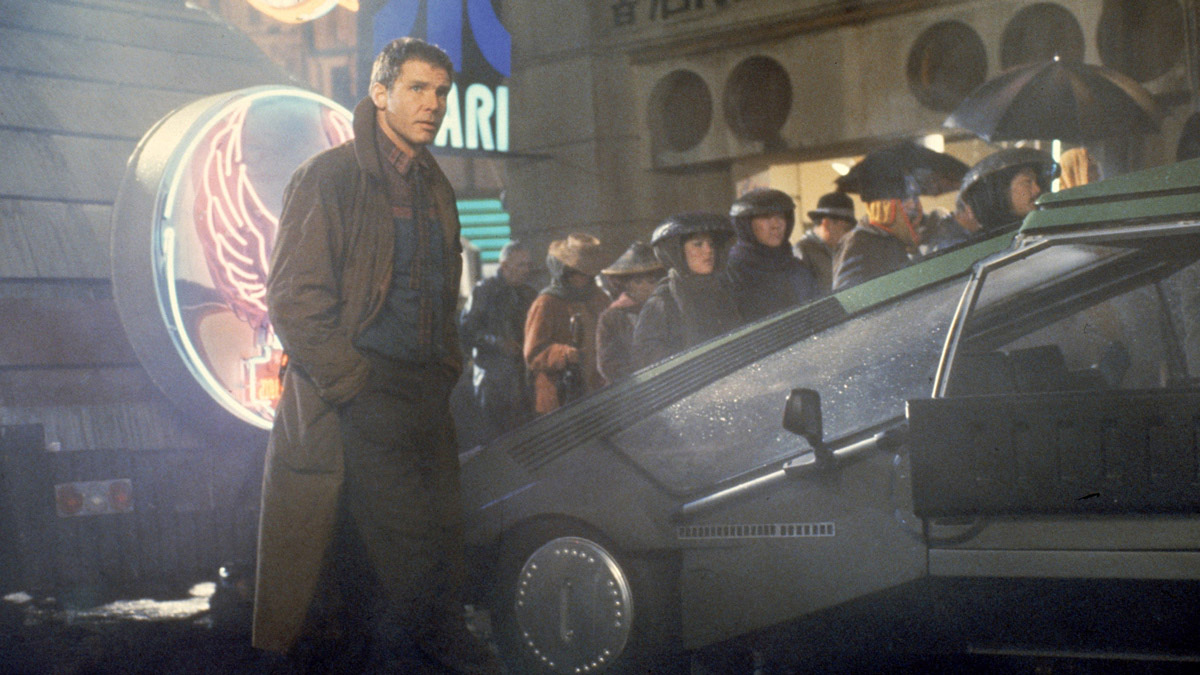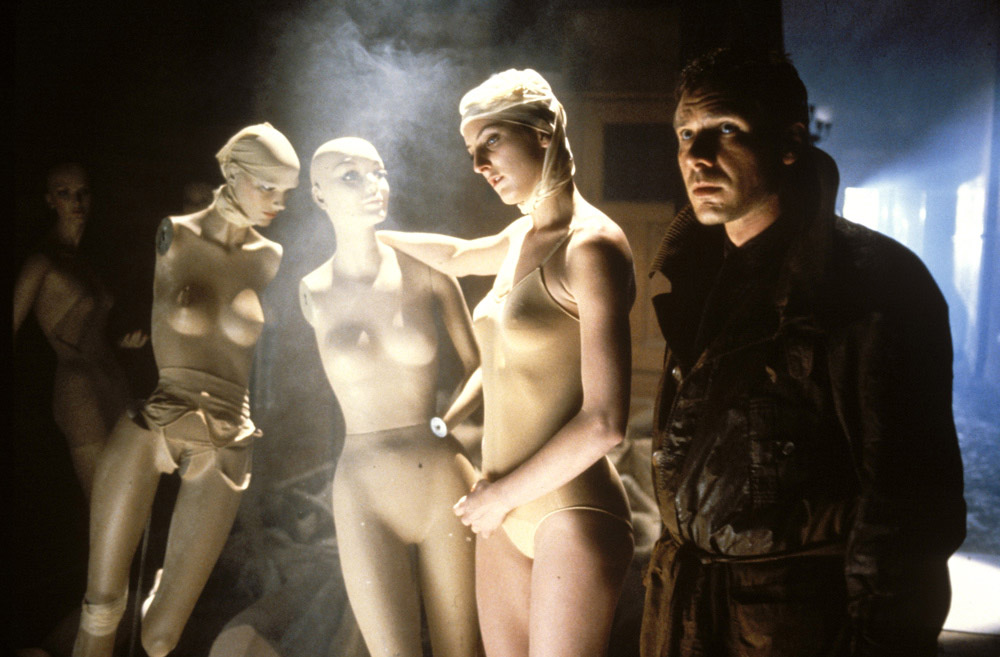
Blade Runner: The Final Cut (c) 2007 Warner Bros. Entertainment Inc. All rights reserved.
Does Blade Runner dream of film noir?
2019.09.03
German Expressionism inherited from Blade Runner
"Film noir" is said to be influenced by "German Expressionism," an art movement that developed in Germany in the early 1900s. In the 1920s, works such as `` Dr. Caligari '' (2020) and `` Nosferatu the Vampire '' (22) were created in the movie world, but they were shot on sets to create artificial landscapes, and the images had strong shadows. It was also one of the characteristics of "German Expressionism" to create.
Afterwards, European filmmakers fleeing the war moved to Hollywood. For example, Fritz Lang, who directed `` Metropolis '' (27) in Germany, went to Hollywood and directed ``Film Noir'' such as `` The Lady in the Window '' (44) and `` Leave It to Me '' (53). I am working on. The set of Metropolis, which depicts a near-dystopian future, is a major influence on Blade Runner. In other words, the approach to lighting such as shadows and backlighting in the images of ``Blade Runner'' follows the techniques of ``Film Noir'' while inheriting the characteristics of ``German Expressionism.''

Blade Runner: The Final Cut (c) 2007 Warner Bros. Entertainment Inc. All rights reserved.
Since the release of Blade Runner in 1982, which is known as the original theatrical release, various versions have been confirmed, but Deckard's monologue is in the Director's Cut/Final Blade Runner version. It was removed from later versions and has never been used since then. This is because the "monologue" was an unintended direction by director Ridley Scott, and for the director, Deckard's "monologue" was "unnecessary" from the beginning.
So, the reason why there is a "monologue" in the original theatrical release version is because the general audience's reaction to "Blade Runner" was not good, saying that it was "difficult to understand" in previews before its release. According to Paul M. Sammon's book `` The Making of Blade Runner ,'' there were several ``monologues'' during the preview screening. It is said that the person who promoted this was none other than director Ridley Scott himself. In any case, there is no doubt that Deckard's "monologue" made "Blade Runner" a work that could be called "future noir" rather than "film noir."

